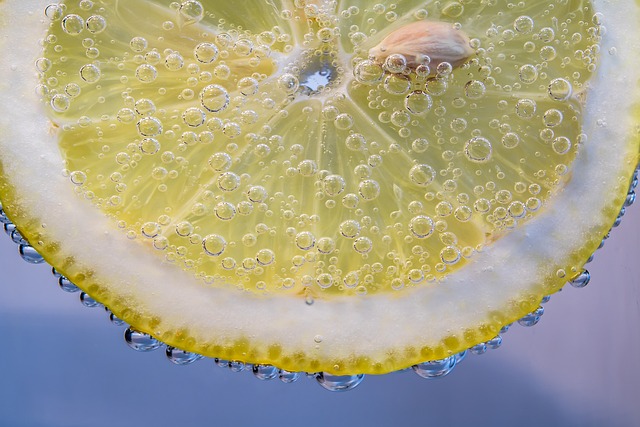Beyond Yogurt: Exploring the Diverse World of Probiotics
The term probiotics has been gaining popularity in recent years as more and more people are becoming aware of the importance of gut health. While yogurt is commonly associated with probiotics, there is a diverse world of probiotic-rich foods and supplements beyond this popular dairy product. In this article, we will go beyond yogurt and explore the various other sources of probiotics.
What Are Probiotics?
Probiotics are live bacteria and yeasts that are good for your health, especially your digestive system. These microorganisms promote a healthy balance of bacteria in your gut, aiding in digestion and supporting your immune system. Probiotics can be found naturally in certain foods and can also be taken as supplements.
The Benefits of Probiotics
Research has shown that probiotics offer a wide range of health benefits. They can help improve digestion, alleviate symptoms of certain digestive disorders such as irritable bowel syndrome (IBS) and inflammatory bowel disease (IBD), and enhance immune function. Probiotics have also been linked to improvements in mental health, skin conditions, and even weight management.
Beyond Yogurt: Alternative Probiotic Sources
While yogurt is a popular source of probiotics, there are several other options for those who are lactose intolerant, vegan, or simply looking for variety in their probiotic intake:
1. Kefir
Kefir is a fermented milk drink that contains a higher concentration of probiotics compared to yogurt. It has a tangy taste and a texture similar to drinkable yogurt. Kefir is not only rich in probiotics but also provides a good source of calcium, protein, and other essential nutrients.
2. Sauerkraut
Sauerkraut is fermented cabbage that is rich in probiotics. It is made by fermenting cabbage with salt, which creates a favorable environment for the growth of beneficial bacteria. Sauerkraut is not only a tasty addition to sandwiches and salads but also a great source of vitamins C and K.
3. Kimchi
Kimchi is a traditional Korean dish made from fermented vegetables, primarily cabbage and radishes. It is spicy and tangy, making it a popular condiment and side dish. Kimchi is not only a flavorful addition to meals but also a great source of probiotics and various vitamins and minerals.
4. Miso
Miso is a traditional Japanese seasoning made by fermenting soybeans with salt and a specific fungus called Aspergillus oryzae. It is commonly used to make miso soup, a staple in Japanese cuisine. Miso is not only rich in probiotics but also a good source of essential amino acids.
5. Tempeh
Tempeh is a fermented soybean product that originated from Indonesia. It has a firm texture and a slightly nutty flavor. Tempeh is not only a great plant-based source of probiotics but also high in protein and fiber. It can be used as a meat substitute in various recipes.
6. Kombucha
Kombucha is a fermented tea that is often infused with flavors like fruit or herbs. It is made by fermenting sweetened tea with a SCOBY (symbiotic culture of bacteria and yeast). Kombucha is not only a refreshing and bubbly beverage but also a source of probiotics and antioxidants.
Probiotic Supplements
In addition to the natural food sources mentioned above, probiotics are also available in supplement form. Probiotic supplements come in various forms, including capsules, tablets, and powders. When choosing a probiotic supplement, it’s important to look for products that contain live strains of bacteria and specify the number of colony-forming units (CFUs) per serving.
It’s always best to consult with a healthcare professional or a registered dietitian before starting any supplement regimen to ensure it aligns with your specific health needs.
Conclusion







